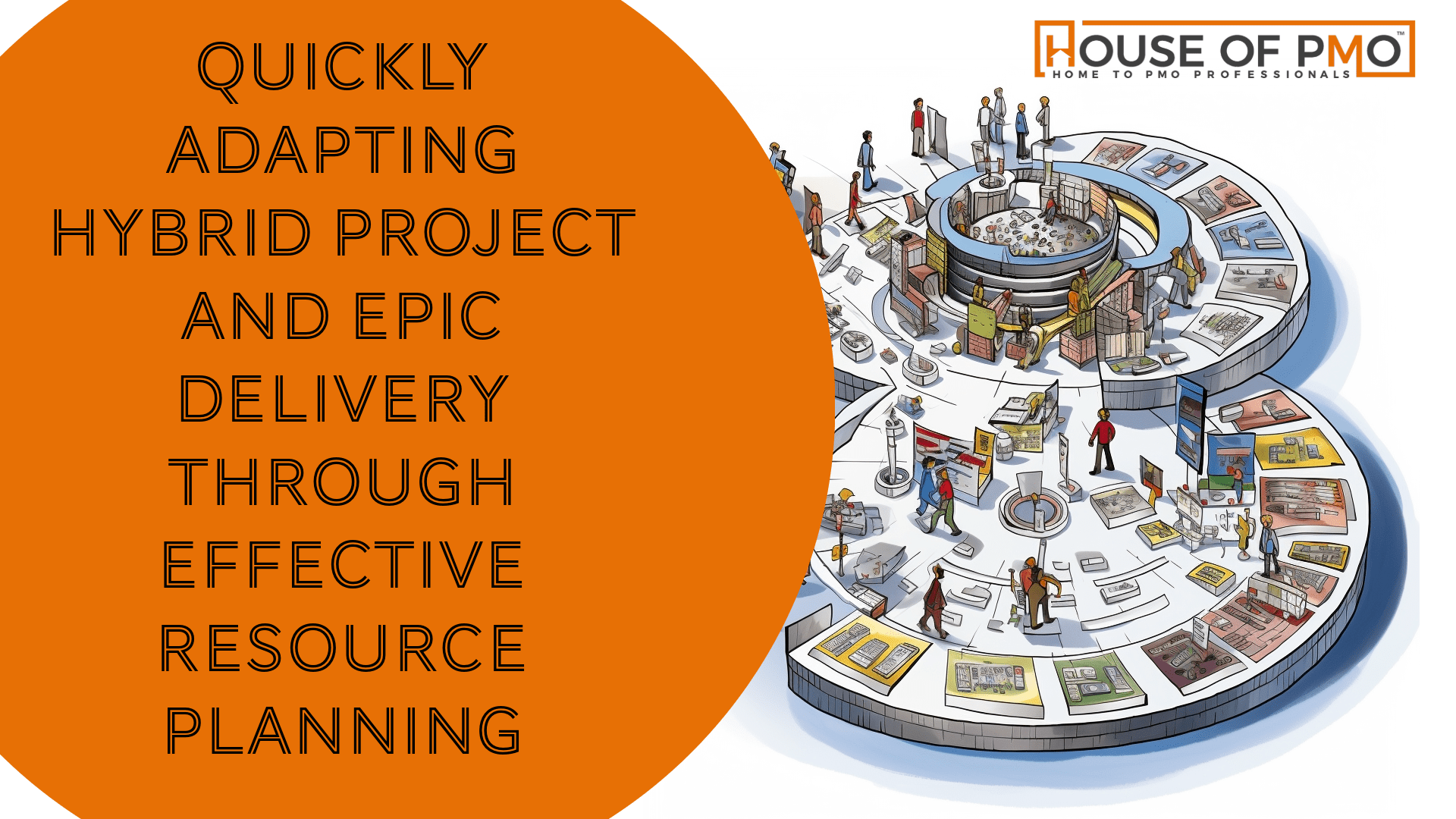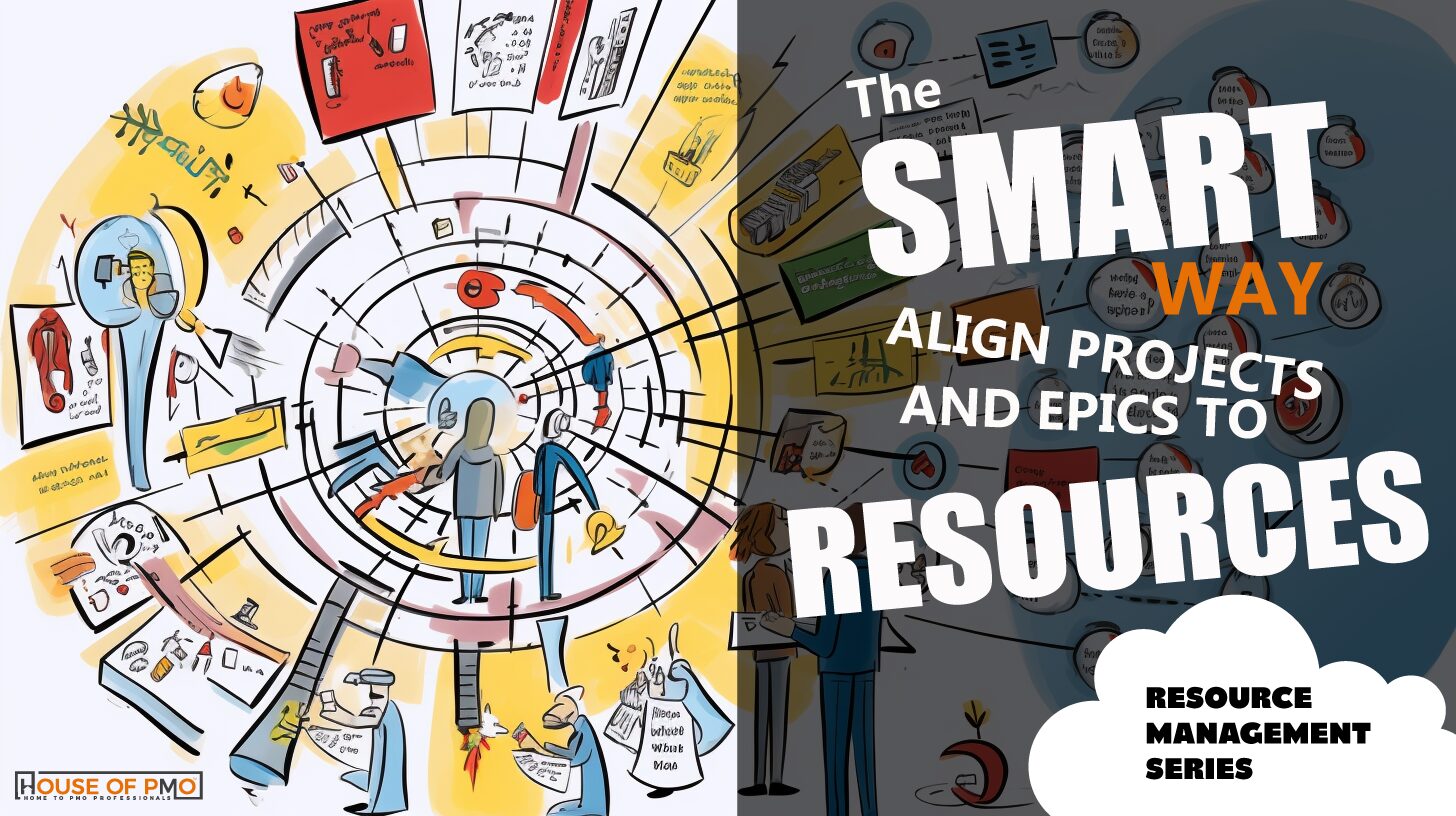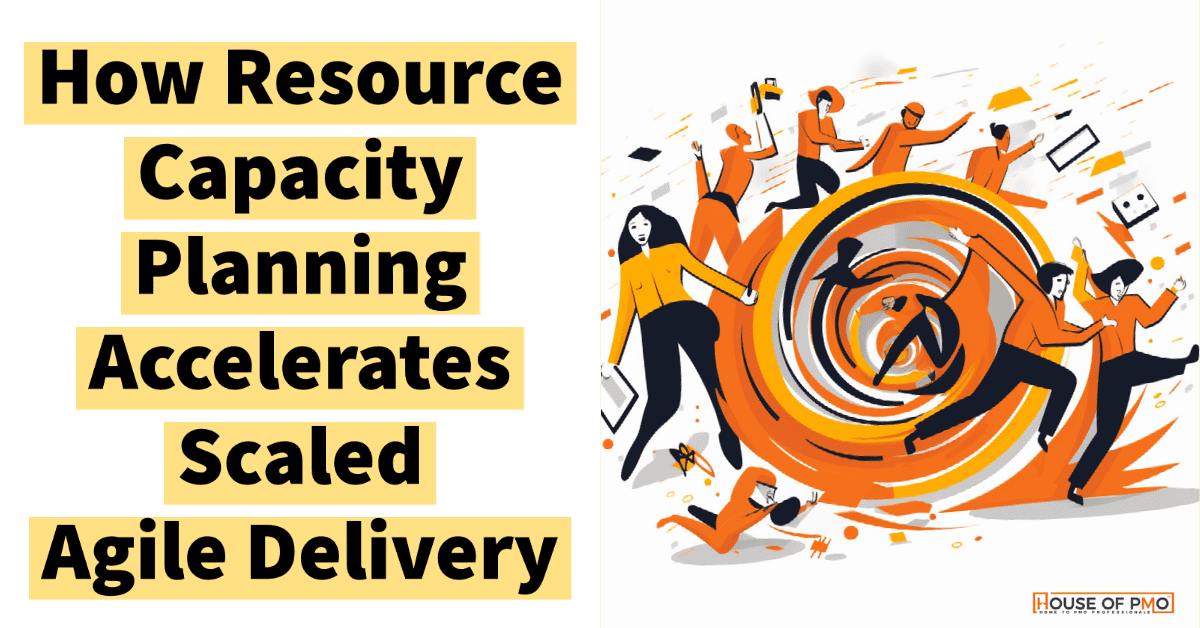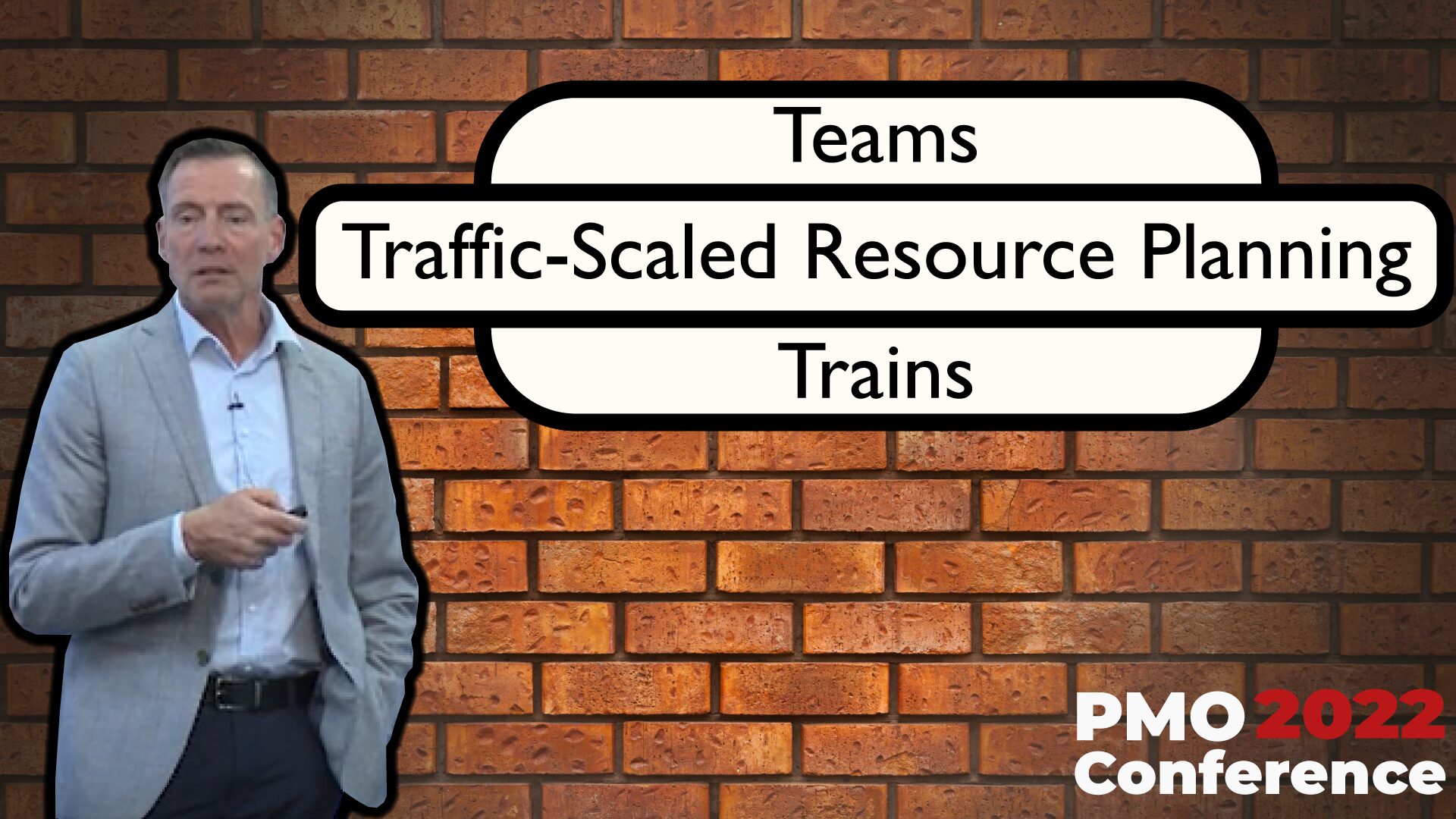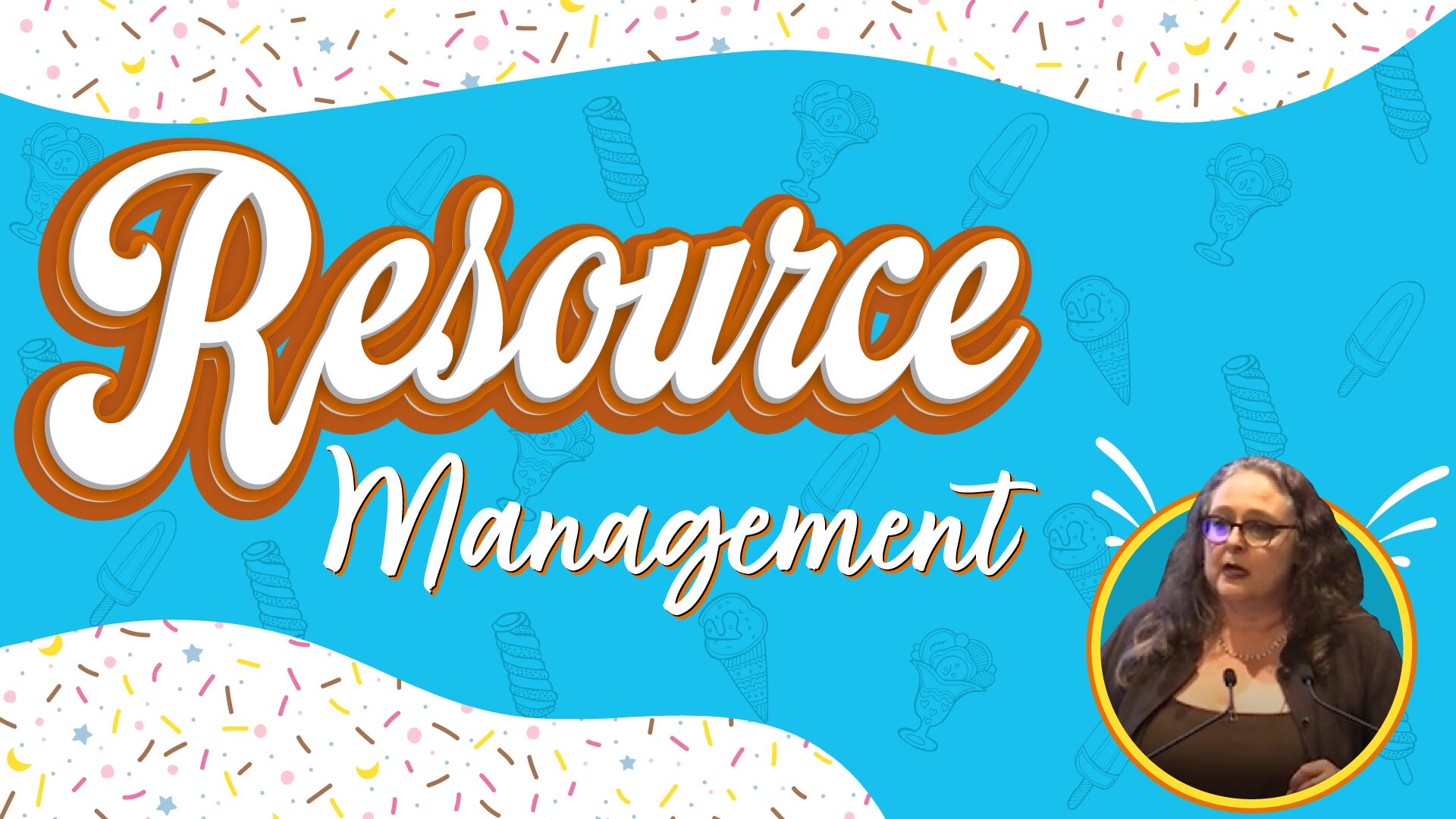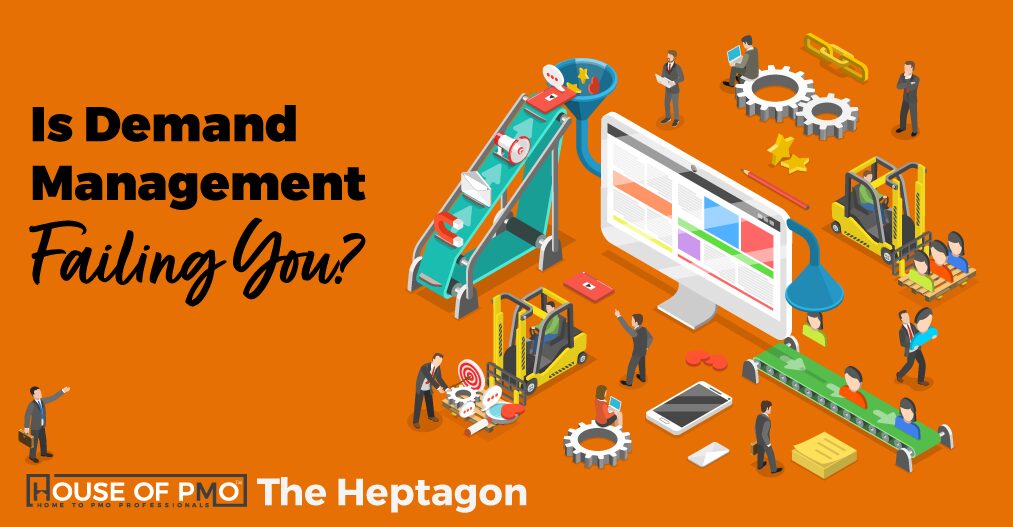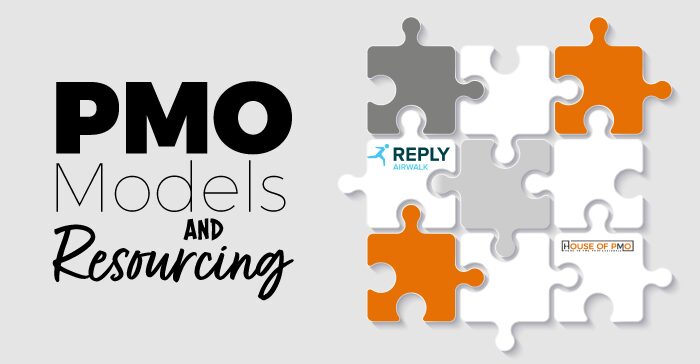Resource management expert Lloyd Norman takes us through resource management practices and approaches in an hybrid environment.
Go to article
Talent retention is critical to sustained portfolio delivery. Product, Programme, and Portfolio leaders can improve strategy execution & employee engagement by integrating talent retention guardrails into portfolio capacity planning.
Go to article
This presentation discusses approaches to effectively apply specific SAFe® 6.0 capacity planning practices, such as shirt-sizing work across ART teams, consolidating capacity planning for enterprise transparency, and designing future flow by routinely aligning capacity reserved for future portfolio and local feature delivery.
Go to article
The House of Genius helps with a question about resource allocation and resource management
Go to article
This session will review how portfolio management (LPM) and RTEs can easily and effectively coordinate enterprise value delivery across ART Teams, shared services, projects, operational work, roles, and people.
Go to article
In this panel session, we ask four members about their experiences and insights into hybrid reporting - one of the challenges that PMOs face is trying to get that one portfolio view when projects are being delivered by Agile-led (e.g., SCRUM), traditional-led (waterfall) and even continuous delivery such as product management.
Go to article
In this summer series we take a look at the challenges of resource management. It's not all about timesheets! We take a look at what the real challenges are and what PMOs are doing to overcome them.
Go to article
Demand Management needs to be understood and managed in the context of the benefits of change, not in the context of local processes, subject to pressures that lead to an endless tweaking of low-value outcomes.
In this article, Lodger Lain is back in the Heptagon and he shares insights that include PRUB, Impact Mapping, tactical and strategic things your PMO could be doing to improve demand management.
Go to article
We really love listening to other PMO practitioners' experiences and we know many of our members do too. In this session, we listen to Gary Heath, a long time supporter of House of PMO and luckily for us, vastly experienced in PMO. As he says in his opening introduction, he's worked in pretty much any type of role, for example, permanent, contractor, fixed-term, consultant, associate - you name it he's done it.
A great session for anyone at any level in the PMO - it's always interesting to hear how other practitioners have managed their careers and the insights they've learnt along the way.
Go to article
